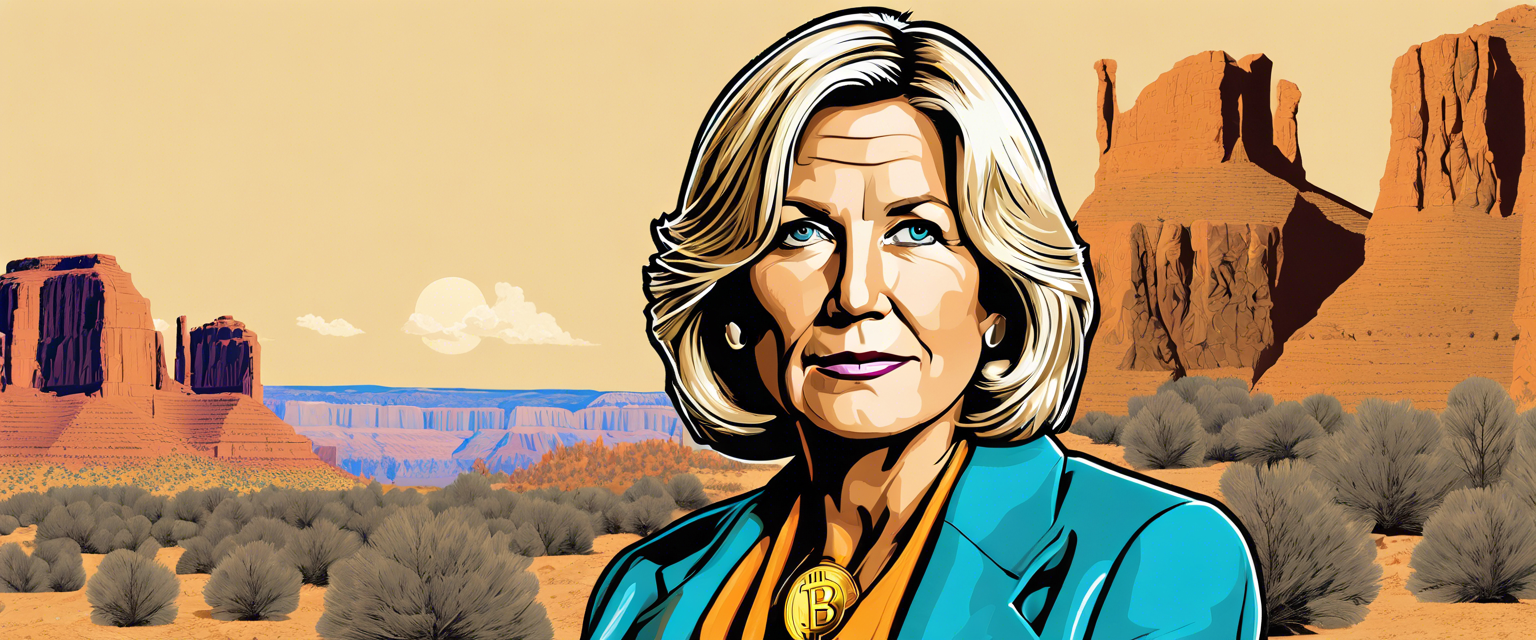UK Government Seeks Input on AI and Copyright Legal Framework
In a significant move, the United Kingdom's government has launched a consultation with the artificial intelligence (AI) and creative industries, aiming to explore potential legal frameworks governing the use of copyrighted material by AI models. This initiative was announced on December 17, 2024, with the government inviting feedback from the respective sectors until February 25, 2025.
Context of the Consultation
Peter Kyle, the Secretary of State for Science, Innovation and Technology, emphasized the pressing need to clarify copyright law's application concerning AI. He highlighted that this ambiguity is a significant barrier obstructing the growth and global competitiveness of both the AI and creative industries.
The consultation period comes against a backdrop of increasing criticism regarding AI companies allegedly utilizing copyrighted material without appropriate permissions to train their models, raising concerns among content creators regarding their intellectual property rights.
Proposed Policy Options
The UK government has outlined four primary policy options in its proposals:
- Option 1: Grant AI companies the right to use copyrighted material without the consent of rights holders, allowing commercial use with minimal restrictions.
- Option 2: Allow companies to utilize copyrighted material for AI training freely unless creators explicitly opt-out.
- Option 3: Enhance copyright laws by mandating licensing for all instances, ensuring that companies only utilize licensed and permitted works to train AI models.
- Option 4: Maintain existing laws, which would continue to create uncertainty for copyright holders and AI developers alike.
Criticism from Creative Sector Leaders
The government's proposals have sparked considerable backlash from figures within the creative industry. Ed Newton-Rex, a composer and CEO of Fairly Trained, a nonprofit focused on certifying AI companies that procure licenses for their training data, voiced his concerns. He argued that these changes would mostly benefit AI companies at the expense of creators, warning that introducing a copyright exception could effectively legalize the training of AI on copyrighted works without a license, a practice currently deemed illegal.
Owen Meredith, chief executive of the News Media Association, echoed these sentiments and criticized the consultation. In a statement issued on December 17, he contended that the proposals do not adequately address the importance of enforcing robust transparency requirements to safeguard the rights of creatives. Meredith argued that the suggested changes would complicate existing laws and enable AI firms to bypass their responsibilities. He urged the government to focus on implementing clear transparency requirements while working within the current copyright framework rather than proposing convoluted systems such as 'rights reservations' or 'opt-out' mechanisms.
Looking Ahead
The outcome of this consultation could have far-reaching implications for both the AI and creative sectors, shaping how intellectual property is handled in the age of artificial intelligence. Stakeholders in both industries are encouraged to provide their insights and perspectives before the feedback deadline to ensure their voices are heard in this crucial discussion.
As the debate evolves, it will be vital to strike a balance between fostering innovation in AI technology while simultaneously protecting the rights and interests of creators in the creative industries.



Leave a comment
All comments are moderated before being published.
Trang web này được bảo vệ bằng hCaptcha. Ngoài ra, cũng áp dụng Chính sách quyền riêng tư và Điều khoản dịch vụ của hCaptcha.